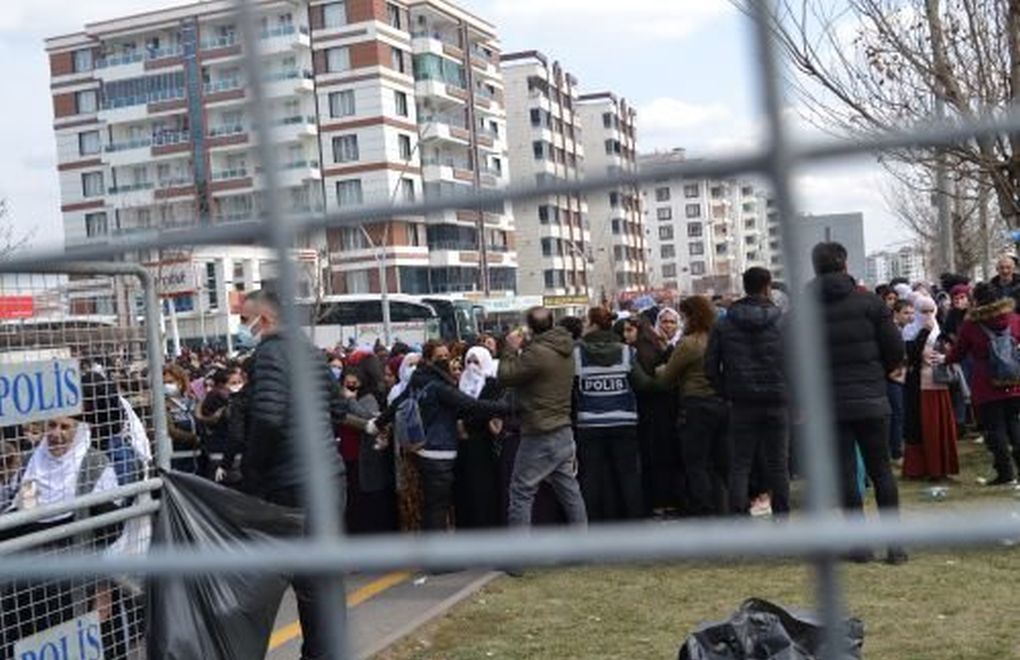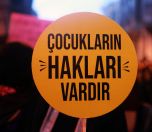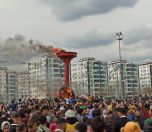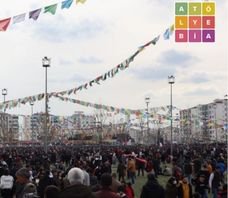* Photo: Umut Ali Adalı
Click to read the article in Turkish / Kurdish
The Diyarbakır Bar Association Women's Rights Center and Diyarbakır Network for Struggle Against Violence have made a statement about the violations of rights during the Diyarbakır Newroz on March 21.
Okan Alptekin from the Diyarbakır Bar Association's LGBTI+ Rights Commission has said that women were subjected to a thorough search at search points and not allowed in the site due to their national clothes.
Noting that the people who wanted to enter the Newroz site were attacked by the police, Alptekin has listed the following violations:
- Law enforcement officers intervened against the people who wanted to enter the Newroz site with rubber bullets, pressurized water and pepper gas.
- A stampede occurred during the interventions and some people were wounded.
- Following the disproportionate intervention of the law enforcement, at least 298 people, including 74 children, were detained for arbitrary reasons.
- Women and LGBTI+s were subjected to discrimination while entering the site. Unlawful practices and attacks targeting the LGBTI+s continued inside the Newroz site as well.
- The LGBTI+s who entered the site with rainbow and trans flags were attacked by a group with knives; the assaulters attempted to lynch one person. There were attempts to burn the rainbow flags.
CLICK - Attacks on LGBTI+s at Newroz celebrations in Diyarbakır, İstanbul, İzmir
What is Newroz? Newroz refers to the celebration of the traditional Iranian peoples' New Year holiday of Nowruz in Kurdish culture. Before the Islamization of the Iranic peoples in Asia, the ancestors of the modern Kurds followed Zoroastrianism. In Zoroastrian doctrine, fire is a symbol of sight, goodness and purification. Angra Mainyu, the demonic antithesis of Zoroastrianism, was defied by Zoroastrians with a big fire every year, which symbolized their defiance of and hatred for evil and the archdemon. Newroz is mainly, in the modern age, affiliated with Kurds, who in turn make up the majority of the Alevi population, an Islamized version of the Zoroastrian religion. In Kurdish legend, the holiday celebrates the deliverance of the Kurds from a tyrant, and it is seen as another way of demonstrating support for the Kurdish cause. The celebration coincides with the March equinox which usually falls on 21 March and is usually held between 18 and 24 March. The festival has an important place in terms of Kurdish identity for the majority of Kurds, mostly in Iraq, Turkey and Syria. Though celebrations vary, people generally gather together to welcome the coming of spring; they wear coloured clothes and dance together. *Source: Wikipedia |
(RT/SD)








as.jpg)
